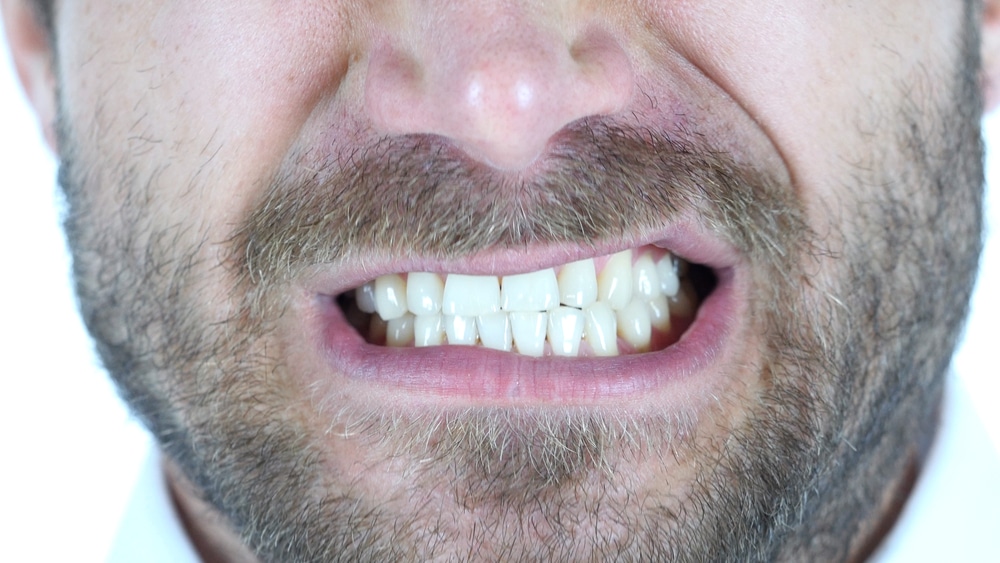
Teeth grinding, or bruxism, is a common dental concern that can lead to various issues such as worn enamel, jaw pain, and headaches. Fortunately, there are effective strategies and devices available to prevent and alleviate teeth grinding. In this blog post, we will explore teeth grinding prevention techniques, with a focus on devices designed to mitigate the impact of grinding teeth, both during waking hours and while asleep.
Understanding the Causes of Teeth Grinding
Before delving into prevention methods, it’s essential to understand the potential causes of teeth grinding. Stress, anxiety, misaligned teeth, and sleep disorders are among the contributing factors. Identifying the root cause can help tailor preventive measures for effective and personalized care.
Grinding Teeth Prevention Devices
1. Night Guards:
Night guards, also known as occlusal guards or splints, are among the most common and effective devices for preventing teeth grinding during sleep. These custom-fitted, cushioned mouthguards create a barrier between the upper and lower teeth, preventing direct contact and minimizing the impact of grinding. Over-the-counter options are also available, but custom-fit guards from a dentist offer optimal comfort and protection.
2. Mouthguards for Daytime Use:
For individuals who grind their teeth during waking hours, specially designed mouthguards can be worn to protect teeth from the damaging effects of grinding. These mouthguards are often more discreet and comfortable for daytime use, providing a cushioning layer between the teeth.
3. Orthodontic Correction:
In cases where misaligned teeth contribute to bruxism, orthodontic correction may be recommended. Straightening teeth through braces or aligners can help alleviate grinding by creating a more balanced bite. This corrective approach not only addresses the immediate concern but also promotes long-term oral health.
Grinding Teeth in Sleep Prevention
1. Stress Management:
Stress and anxiety are significant contributors to teeth grinding during sleep. Incorporating stress management techniques such as meditation, deep breathing exercises, or therapy can help reduce overall tension and decrease the likelihood of grinding.
2. Establishing a Relaxing Bedtime Routine:
Creating a calming bedtime routine can signal to the body that it’s time to unwind. Avoiding stimulating activities before bedtime, such as excessive screen time, and creating a comfortable sleep environment can contribute to better sleep quality and reduced teeth grinding.
3. Sleep Position Awareness:
Some individuals may find that adjusting sleep positions helps in preventing teeth grinding. Sleeping on the back with proper neck support can reduce strain on the jaw and minimize the chances of grinding.
Teeth grinding prevention is a proactive approach to maintaining optimal oral health and preventing associated discomfort. Utilizing devices like night guards, mouthguards for daytime use, and exploring orthodontic correction are effective ways to protect teeth from the consequences of grinding. Additionally, addressing the root causes, such as stress and sleep quality, contributes to a comprehensive strategy for preventing teeth grinding. Consultation with a dentist is essential for personalized guidance and the selection of the most suitable prevention methods for individual needs. By taking steps to prevent teeth grinding, individuals can safeguard their smiles and promote long-term oral well-being.
